The Czech Republic and Poland are providing military aid to Ukraine, while Hungary and Slovakia have stated they will not send weapons to Kyiv but are ready to contribute humanitarian or financial aid.
V4 = V2 + V2
The Visegrad Four (V4), one of the oldest informal political alliances in both the EU and NATO, is deeply divided when it comes to views on the war in Ukraine and approaches to resolving the conflict.
Founded in 1991, the Visegrad Group – comprising the Czech Republic, Hungary, Poland, and Slovakia – was once a group with considerable influence in addressing issues in Brussels. The leaders of these four nations, representing a combined 65 million citizens, shaped European policies across a wide range of areas, including immigration, agriculture , and even foreign policy.
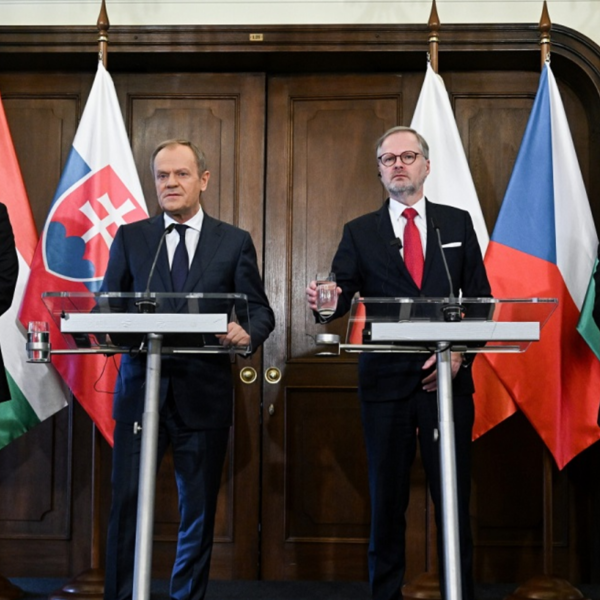
Prime Ministers of the V4 countries (from left): Slovak Prime Minister Robert Fico, Polish Prime Minister Donald Tusk, Czech Republic Prime Minister Petr Filala, and Hungarian Prime Minister Viktor Orban, meeting in Prague on February 27, 2024. Photo: Polskie Radio
But since conflict erupted on their doorstep and political leadership changes occurred in each member state, the group has been deadlocked on Europe’s most contentious foreign policy issue: the war in Ukraine. Here, the divergence has become so clear that it wouldn’t be wrong to say that the V4 is now V2+V2.
At this end, the Czech Republic and Poland, as two of Kyiv's strongest political and military supporters, want to supply Ukraine with more weapons more quickly.
Meanwhile, on the other end, Hungary and Slovakia refused to send weapons to the East and opposed a military solution to the war. Budapest and Bratislava, in particular, developed a clear policy aimed at easing EU sanctions against Russia, questioning Ukraine's integration into the 27-nation bloc, and even blocking EU aid to Kyiv.
Disagreement
Most recently, disagreements over the war between Russia and Ukraine were publicly revealed at the Visegrad Summit in Prague, the capital of the Czech Republic, on February 27.
At the meeting, the four Prime Ministers – Petr Fiala of the Czech Republic, Donald Tusk of Poland, Robert Fico of Slovakia, and Viktor Orban of Hungary – all condemned Russia's actions against Ukraine and agreed that Kyiv needed help.
However, they have differing views on the reasons behind Russia's military intervention in Ukraine and on the forms of support they are willing to provide to the Eastern European country.
While the Czech Republic and Poland unanimously supported Ukraine enthusiastically, including providing weapons, Hungary and Slovakia held a different view.
“I think I can say that there are differences between us,” said Czech Prime Minister Petr Fiala, who chaired the Visegrad Summit in Prague. “I will not keep it a secret, it would be meaningless if we had different views on the causes of Russia’s aggression against Ukraine and how to resolve it.”
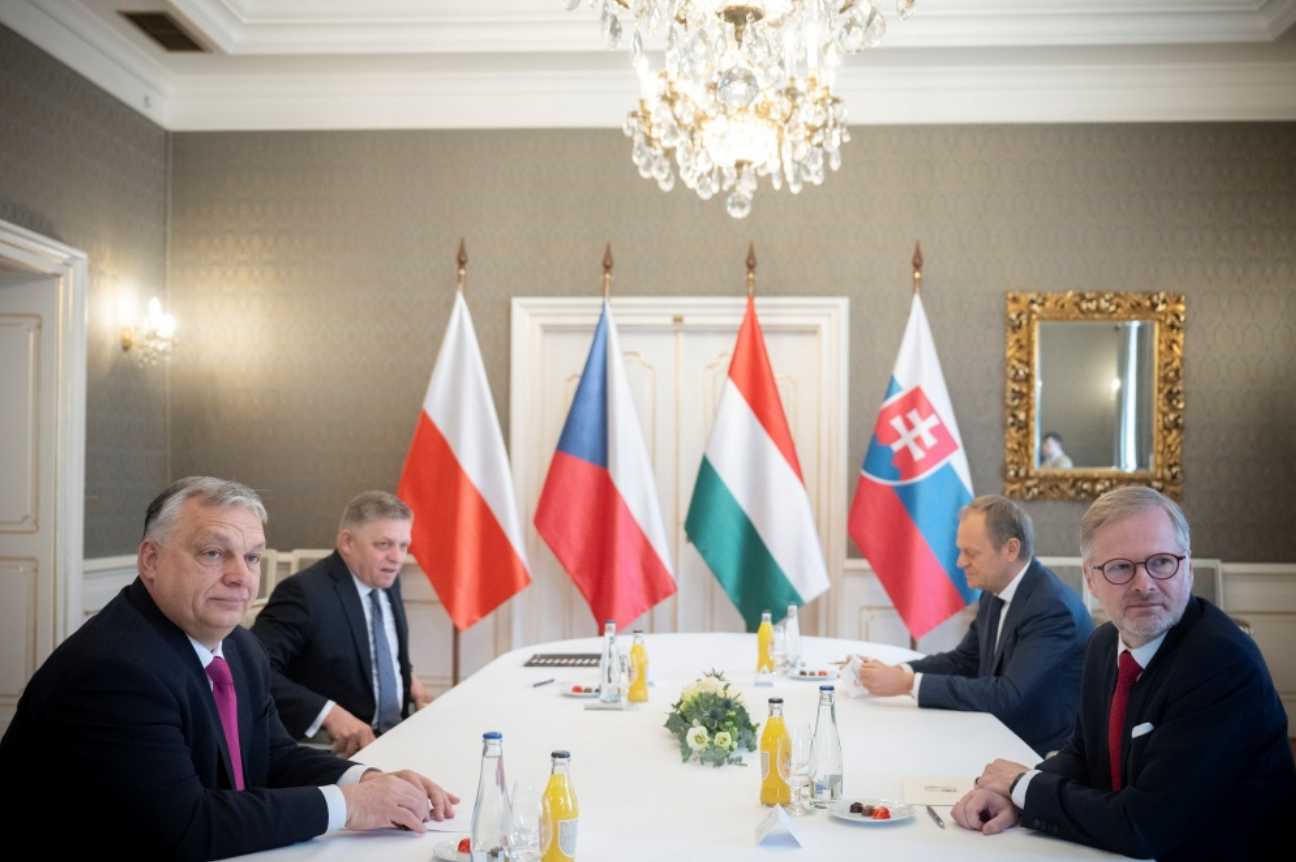
The V4 leaders openly expressed their disagreements on many aspects of the Russia-Ukraine conflict at the summit in Prague on February 27, 2024. Photo: Hungary Today
Polish Prime Minister Donald Tusk signaled that Warsaw is ready to support Prague's initiative to purchase much-needed ammunition for Ukraine from third countries and deliver it to the front lines as quickly as possible.
Slovakia and Hungary refused to supply weapons and ammunition to Ukraine, but did not rule out other forms of assistance. Hungarian Prime Minister Viktor Orban was quick to point out that Budapest was not against humanitarian or financial aid, citing as an example how Hungarian doctors were helping on the front lines.
Slovak Prime Minister Robert Fico said that the West's approach to the war was an "absolute failure." "A military solution to the conflict in Ukraine is something I do not believe in," Fico declared, reiterating that the EU should offer a peace strategy for the war.
The Slovak leader also opposed EU sanctions against Russia and wanted to prevent Ukraine from joining NATO. He said that the amount of Western weapons supplied to Ukraine would not change the course of the war.
“The war can only end through negotiations,” Orban, a nationalist, agreed. He added that peace talks should begin “as soon as possible.”
Finally, there was one thing all four leaders agreed on about the war: None of them were prepared to send troops to fight in Ukraine. This seemed to be a rebuttal to comments made by French President Emmanuel Macron after a meeting on Ukraine in Paris the day before (February 26), in which the French leader noted that Western countries could not rule out sending men and women in military uniforms to Kyiv in wartime in the future .
Minh Duc (According to Euronews, RFE/RL, European Pravda)
Source









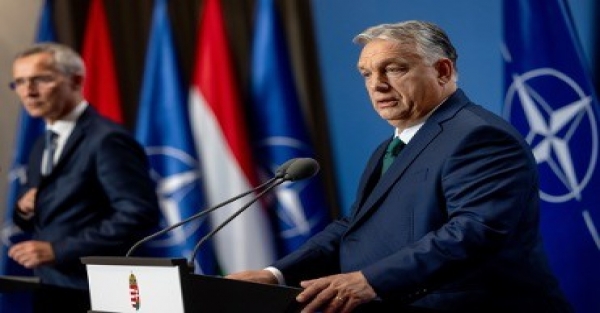
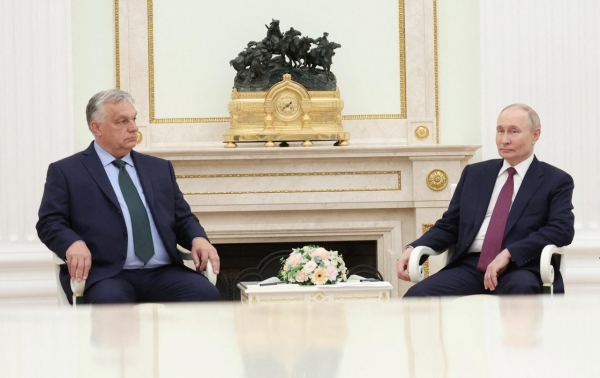
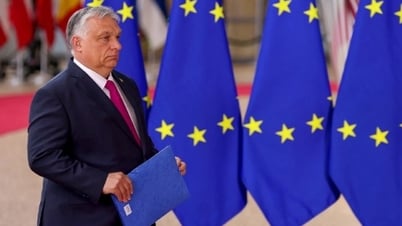
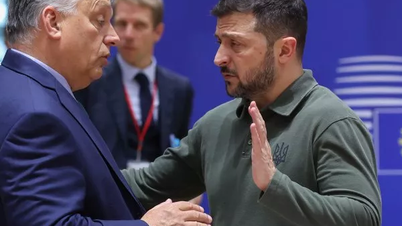
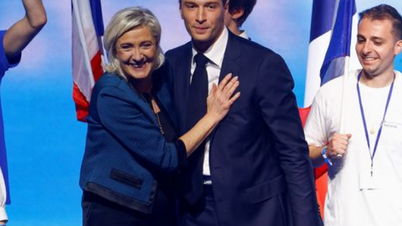



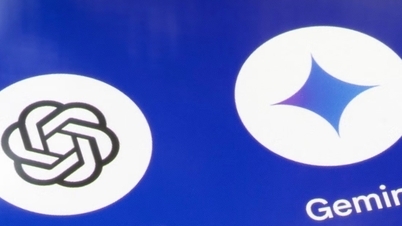


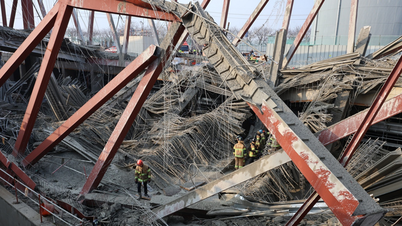





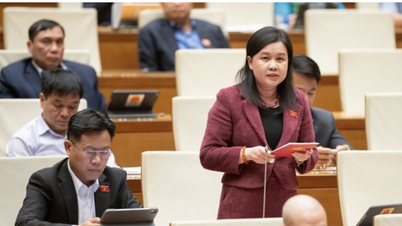





























































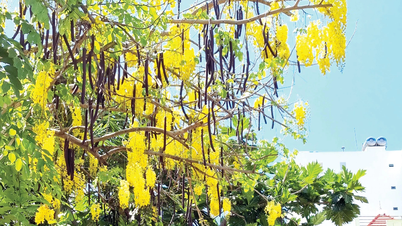


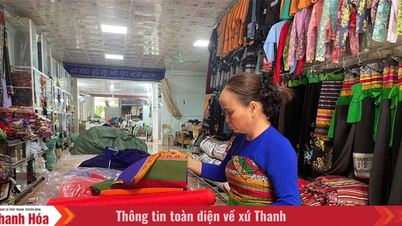

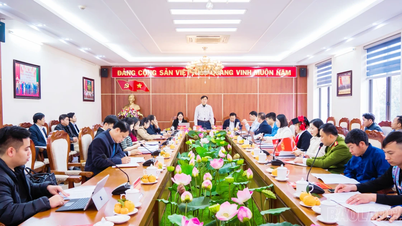













Comment (0)